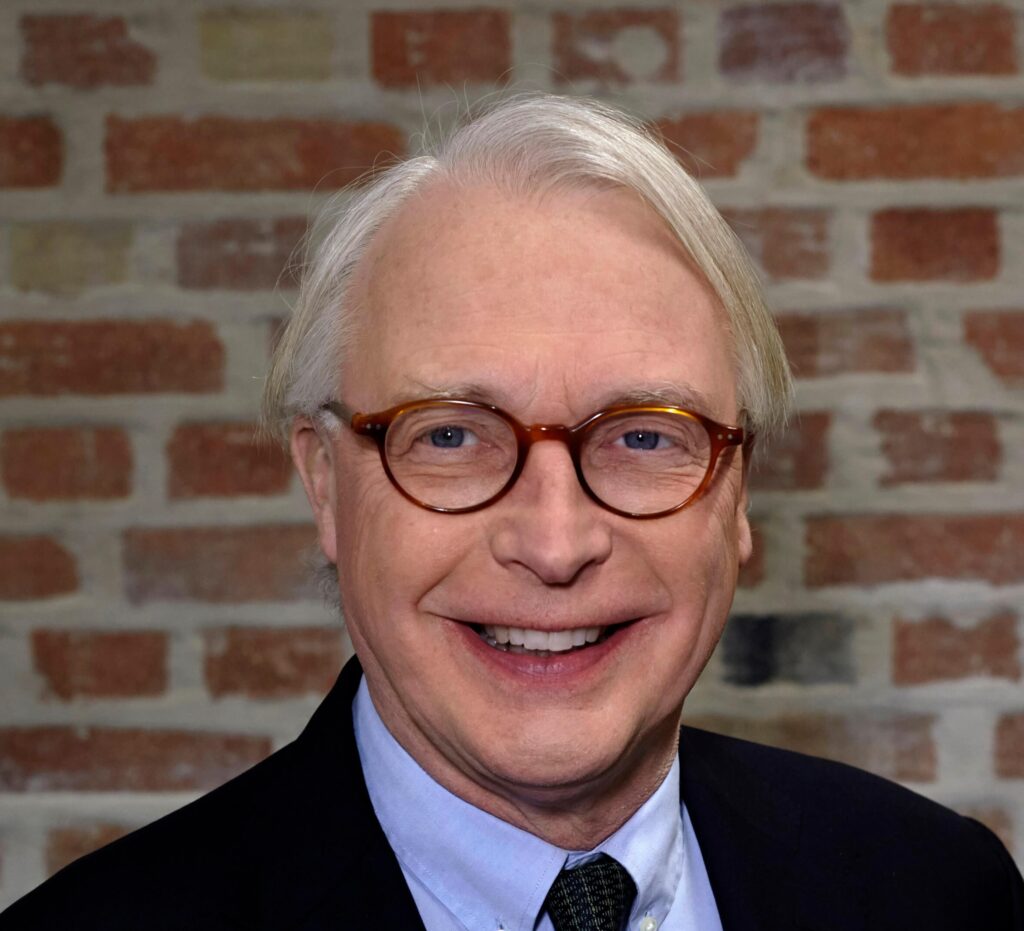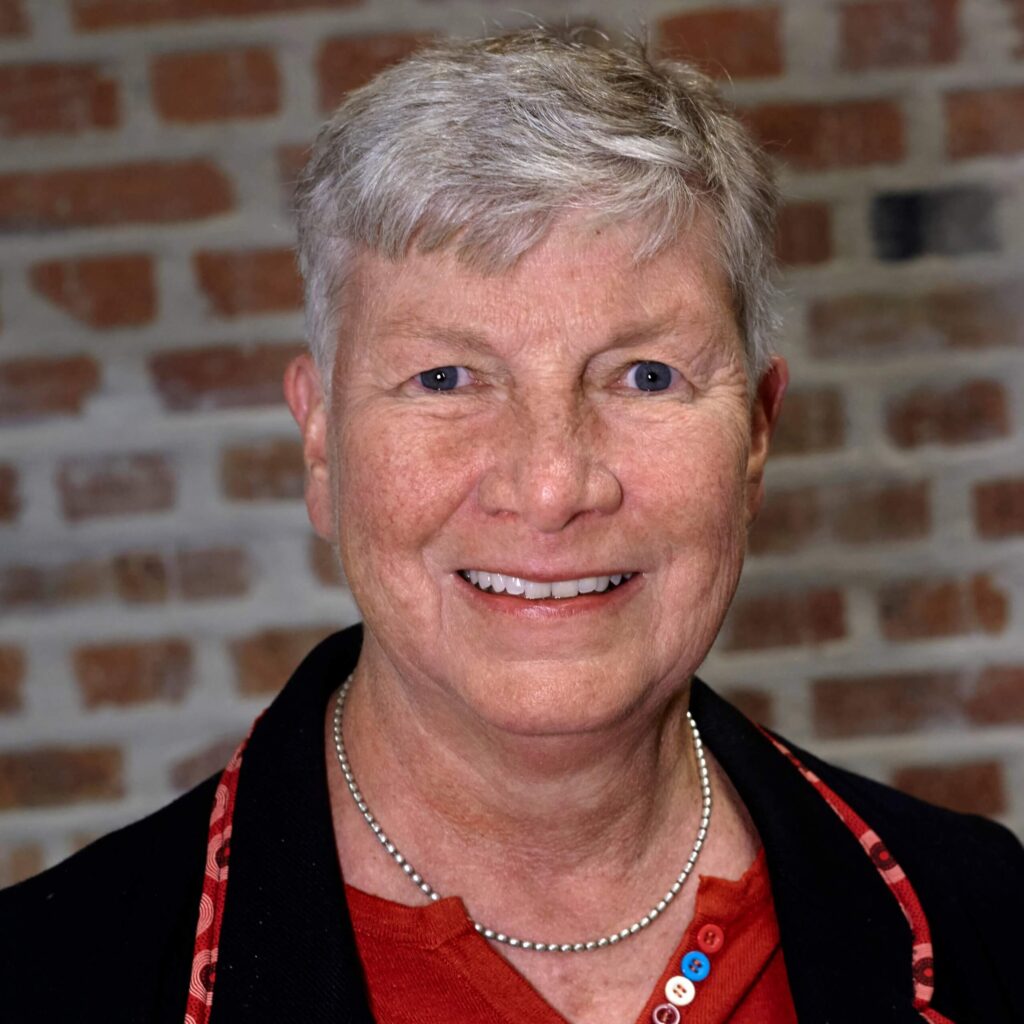
“The whole field of sustainability science has exploded. That makes me very hopeful.”
Professor Carl Folke,
Chair, Scientific Committee
The Volvo Environment Prize event 2023 starts soon.
The independent Volvo Environment Prize Foundation aims to find, reward, and highlight sustainability science that makes a difference.
The foundation uses its extensive network to look for the best and most innovative scientists. The foundation also accepts nominations from universities, institutions, and organizations worldwide. The Scientific Committee, headed by Professor Carl Folke, does the initial screening of candidates. The Prize Jury, led by Professor Mary Scholes, makes the final selection.
When a laureate, or laureates, are chosen, they are invited to the Prize Ceremony in Sweden in November or December each year. But it’s not only honor and glamour. The Volvo Environment Prize Foundation also produces a 10-minute film about the laureates and their research and makes sure that it is distributed widely to media and academia as well as through the Volvo Environment Prize YouTube channel. Often, a scientific seminar on the laureates’ research is also organized. Reaching out and ensuring that pathbreaking science will impact sustainability policy in government, business, and academia is an integral part of the foundation’s mission.
2024 marks the 35th year of the award, and this is what the Chairpersons of the Prize Jury and Scientific Committee say about the anniversary:

“The whole field of sustainability science has exploded. That makes me very hopeful.”
Professor Carl Folke,
Chair, Scientific Committee
I would argue that we are in a sort of cultural revolution. In the last three to four years, the financial capital markets have become active in trying to phase out fossil fuels, moving into nature-based solutions, and looking at things like biodiversity. The whole field of sustainability and sustainability sciences has exploded. So, from that perspective, I am hopeful. I think we are on a good journey. The only problem is that we must speed it up a bit.

“Solutions can only be found when researchers are challenged.”
Professor Mary Scholes,
Chair, Prize Jury
Global change problems require recognition, and solutions can only be found when researchers are challenged by each other, the public, and the decision-making sectors. Scientific findings that result in implementable policies are vital in ensuring sustainability.
I hope that we will continue to be innovative (as we have been for almost 35 years) and that we continue to recognize deserving individuals and the impact they are having on sustainability and human well-being. We must continue using the planetary boundaries concepts to ensure the planet’s good health.